On Wednesday I said on the IPA’s Looking Forward Podcast that in Victoria the key democratic institutions are being destroyed by the State’s Premier, Daniel Andrews, in his myopic pursuit of virus eradication. On the podcast we outlined the punitive and counter-productive measures in the “Stage 4” lockdown enforced under a State of Emergency and virtual martial law. I
Already a subscriber? Log in
Subscribe for just $2 a week
Try a month of The Spectator Australia absolutely free and without commitment. Not only that but – if you choose to continue – you’ll pay just $2 a week for your first year.
- Unlimited access to spectator.com.au and app
- The weekly edition on the Spectator Australia app
- Spectator podcasts and newsletters
- Full access to spectator.co.uk
Or

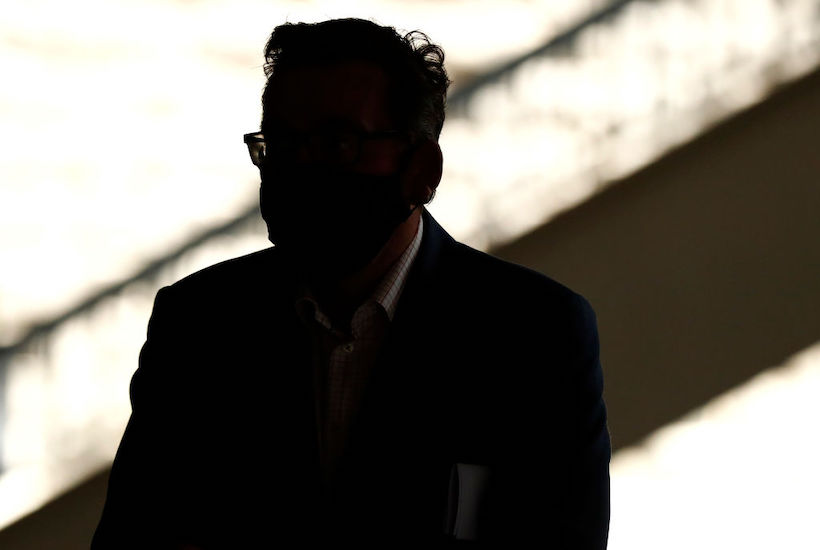


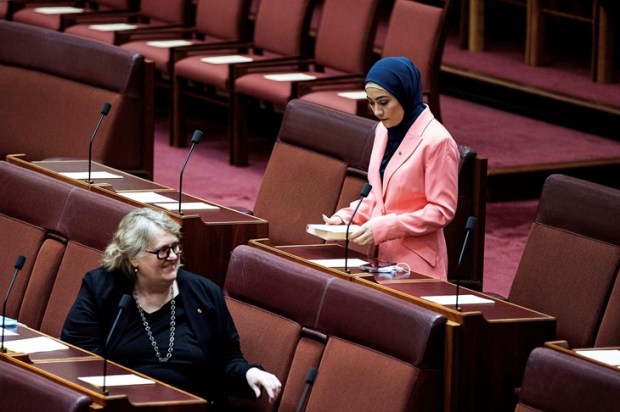
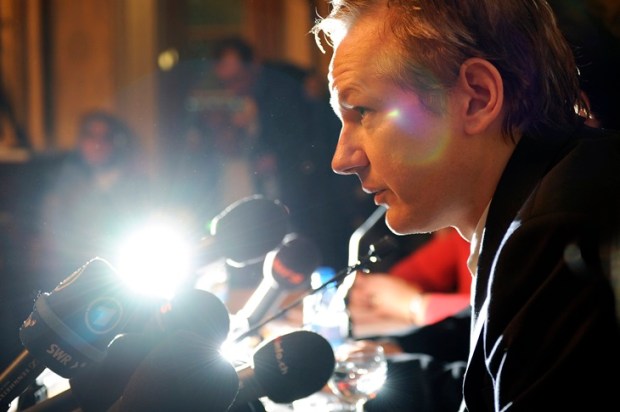
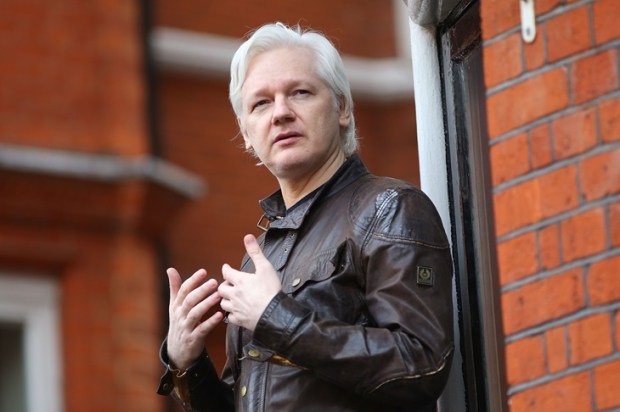
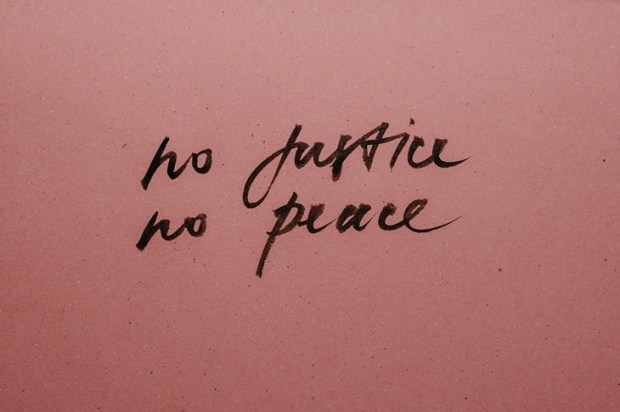


















Comments
Don't miss out
Join the conversation with other Spectator Australia readers. Subscribe to leave a comment.
SUBSCRIBEAlready a subscriber? Log in